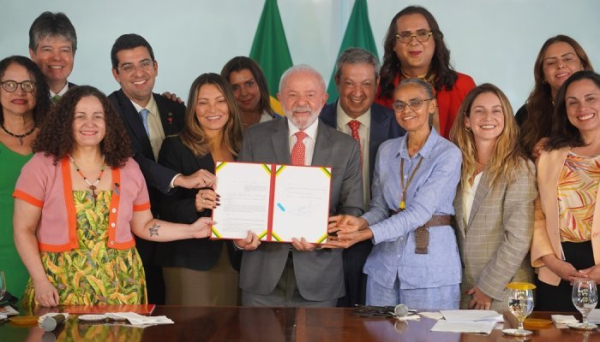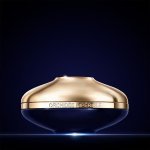
On Wednesday (July 30), President Luiz Inácio Lula da Silva signed the law banning the use of live animals in laboratory testing for the development of personal hygiene products, cosmetics, and perfumes.
“Creatures whose natural habitat is planet Earth will no longer be guinea pigs for experiments in this country,” said the Brazilian president during the signing ceremony held at the Planalto Palace.
Alternative methods
The Law 15,183, which was published in the Federal Official Gazette (DOU) on Thursday (July 31), amends Laws 11,794/08 and 6,360/76, which regulated procedures involving the use of animals for scientific testing.
Following the publication of the new text, health authorities will have two years to implement measures that, among other things, ensure the recognition of alternative methods and adopt a strategic plan to guarantee the dissemination of these methods throughout the country. They will also have to establish measures to monitor the use of information obtained from these alternative testing.
The new rule also establishes that products and ingredients manufactured before the law came into force may be marketed. Only new products are prohibited from being tested on animals.
Long legislative process
The ban on animal testing of cosmetics has been a topic of debate in Brazil for many years. A first bill of law (6602/13), drafted by former Congressman Ricardo Izar, was initially discussed by the Chamber of Deputies in 2014. However, the bill failed to get final parliamentary approval.
In the meantime, some Brazilian states adopted their own legislation and the idea of a federal ban finally reached political consensus.
In 2022, the proposal resurfaced in the Senate, where it was voted in the form of a substitute bill presented by Senator Alessandro Vieira. The final approval of the bill by the Chamber took place this year on July 9, based on a report by Deputy Ruy Carneiro.
The law complements and clarifiesthe regulatory ban enforced by the government in 2023.





